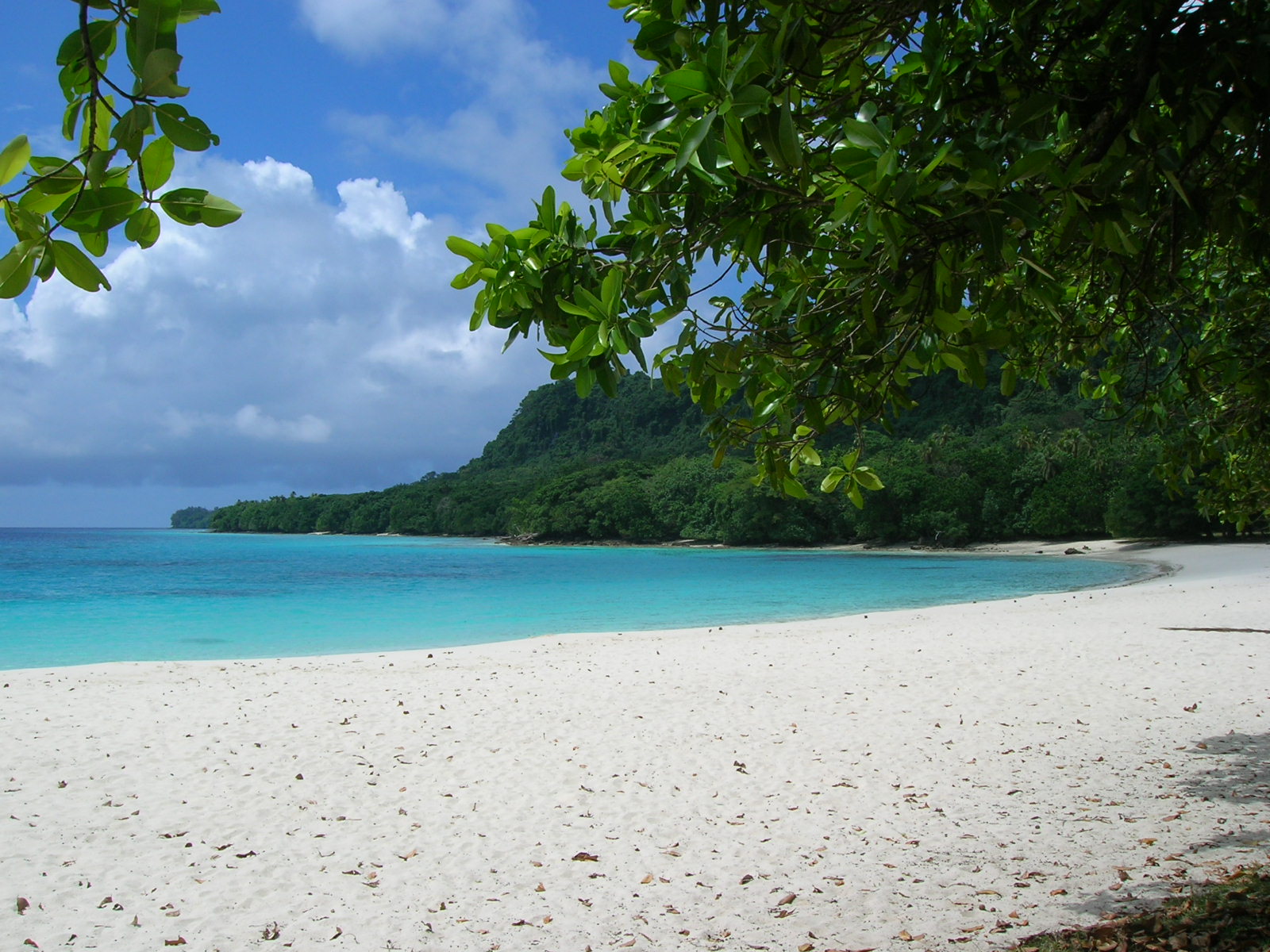|
Agnes Terei
Agnes Terei was a Vanuatuan educator and politician. In 1965 she became the first woman appointed to the Advisory Council of the New Hebrides. Biography Terei worked as an assistant teacher at the Sainte Therese mission school in Espiritu Santo. In December 1965 she was appointed to the Advisory Council, becoming its first female member.Higher duties in Solomons and New Hebrides ''Pacific Islands Monthly'', January 1966, p11 References {{DEFAULTSORT:Terei, Agnes Vanuatuan educators Members of the Parliament of Vanuatu[...More Info...] [...Related Items...] OR: [Wikipedia] [Google] [Baidu] |
Espiritu Santo
Espiritu Santo (, ; ) is the largest island in the nation of Vanuatu, with an area of and a population of around 40,000 according to the 2009 census. Geography The island belongs to the archipelago of the New Hebrides in the Pacific region of Melanesia. It is in the Sanma Province of Vanuatu. The town of Luganville, on Espiritu Santo's southeast coast, is Vanuatu's second-largest settlement and the provincial capital. Roads run north and west from Luganville, but most of the island is far from the limited road network. Around Espiritu Santo lie a number of small islands and islets; among them are: Dany Island, Araki, Elephant Island, Sakao, Lataroa, Lataro, Thion, Malohu, Malwepe, Malvapevu, Malparavu, Maltinerava, Oyster Island, Tangoa, and Bokissa. Vanuatu's highest peak is the 1879 metre (6165 foot) Mount Tabwemasana in west-central Espiritu Santo. History A Spanish expedition of three ships, led by Portuguese explorer Pedro Fernandes de Queirós, lande ... [...More Info...] [...Related Items...] OR: [Wikipedia] [Google] [Baidu] |
Vanuatuan Educators
Ni-Vanuatu (informally abbreviated Ni-Van) is a large group of closely related Melanesian ethnic groups native to the island country of Vanuatu. As such, ''Ni-Vanuatu'' are a mixed ethnolinguistic group with a shared ethnogenesis that speak a multitude of languages. ''Ni-Vanuatu'' or ''Ni-Van'' is usually restricted to the indigenous population of Vanuatu. It contrasts with the demonym ''Vanuatuan'', which in principle refers to any citizen of Vanuatu, regardless of their origin or ethnicity. (The form ''Vanuatuan'' is in fact rarely used in English, and is regarded as incorrect by some authors and style guides.) Indigenous people of Vanuatu have English and French influences due to the history of colonialism from the British and French, which leads to the main languages of English, Bislama and French being spoken. The cultural aspects of Ni-Vanuatu society have been instilled on the indigenous community and are expressed through clothing, rituals, ceremonies, music, perf ... [...More Info...] [...Related Items...] OR: [Wikipedia] [Google] [Baidu] |
Members Of The Parliament Of Vanuatu
Member may refer to: * Military jury, referred to as "Members" in military jargon * Element (mathematics), an object that belongs to a mathematical set * In object-oriented programming, a member of a class ** Field (computer science), entries in a database ** Member variable, a variable that is associated with a specific object * Limb (anatomy), an appendage of the human or animal body ** Euphemism for penis * Structural component of a truss, connected by nodes * User (computing), a person making use of a computing service, especially on the Internet * Member (geology), a component of a geological formation * Member of parliament * The Members, a British punk rock band * Meronymy, a semantic relationship in linguistics * Church membership, belonging to a local Christian congregation, a Christian denomination and the universal Church * Member, a participant in a club or learned society A learned society (; also learned academy, scholarly society, or academic association) is an ... [...More Info...] [...Related Items...] OR: [Wikipedia] [Google] [Baidu] |
Vanuatuan Women In Politics
Ni-Vanuatu (informally abbreviated Ni-Van) is a large group of closely related Melanesian ethnic groups native to the island country of Vanuatu. As such, ''Ni-Vanuatu'' are a mixed ethnolinguistic group with a shared ethnogenesis that speak a multitude of languages. ''Ni-Vanuatu'' or ''Ni-Van'' is usually restricted to the indigenous population of Vanuatu. It contrasts with the demonym ''Vanuatuan'', which in principle refers to any citizen of Vanuatu, regardless of their origin or ethnicity. (The form ''Vanuatuan'' is in fact rarely used in English, and is regarded as incorrect by some authors and style guides.) Indigenous people of Vanuatu have English and French influences due to the history of colonialism from the British and French, which leads to the main languages of English, Bislama and French being spoken. The cultural aspects of Ni-Vanuatu society have been instilled on the indigenous community and are expressed through clothing, rituals, ceremonies, music, performin ... [...More Info...] [...Related Items...] OR: [Wikipedia] [Google] [Baidu] |

